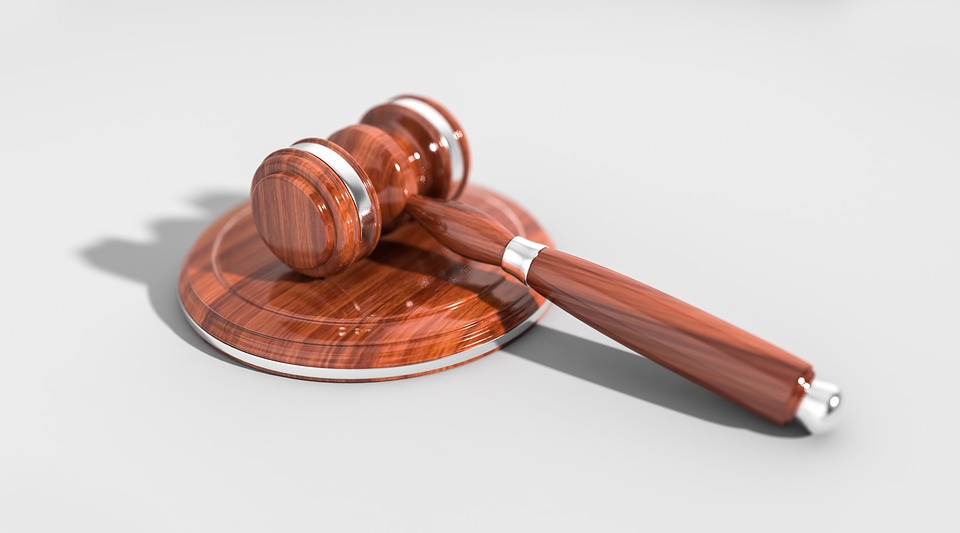“Help! I’ve been caring for my grandchildren for years because the parents have been away partying and getting high on drugs. Then last night the mother showed up unannounced at my doorstep with the police demanding to take the kids. They are in danger with her. What do I do!?”
Sound familiar? These kinds of situations happen all the time. A growing number of grandparents have ended up raising their own children’s children because the parents are unable or unwilling to do so because of drugs, alcohol, mental illness, excessive partying, etc. Often the grandparents wish they could go back to just being grandparents, but they do not want to leave their grandchildren in a lurch because the parents cannot get their act together. Or the grandparents get frustrated because they cannot enroll their grandchildren in school or obtain necessary medical care because the parents will not consent or do these things themselves. What then are the Grandparents to do?
Utah law allows Grandparents to seek custody orders when the parents are neglecting or abusing their children. They normally must do so by filing a petition in the Juvenile Court. But if both parents are missing in action or a court has previously found them to be an abusive or neglectful parent they can do so in District Court. Utah law also allows Grandparents to seek an emergency custody order in appropriate circumstances.
The process for obtaining an emergency custody order in Juvenile Court when the child is not already in state custody is for the petitioning grandparent (or other relative) to file a motion for protective custody showing:
(a)
(i) there is an imminent danger to the physical health or safety of the child; and
(ii) the child’s physical health or safety may not be protected without removing the child from the custody of the child’s parent or guardian;
(b)
(i) a parent or guardian engages in or threatens the child with unreasonable conduct that causes the child to suffer harm; and
(ii) there are no less restrictive means available by which the child’s emotional health may be protected without removing the child from the custody of the child’s parent or guardian;
(c) the child or another child residing in the same household has been, or is considered to be at substantial risk of being, physically abused, sexually abused, or sexually exploited, by a parent or guardian, a member of the parent’s or guardian’s household, or other person known to the parent or guardian;
(d) the parent or guardian is unwilling to have physical custody of the child;
(e) the child is abandoned or left without any provision for the child’s support;
(f) a parent or guardian who has been incarcerated or institutionalized has not arranged or cannot arrange for safe and appropriate care for the child;
(g)
(i) a relative or other adult custodian with whom the child is left by the parent or guardian is unwilling or unable to provide care or support for the child;
(ii) the whereabouts of the parent or guardian are unknown; and
(iii) reasonable efforts to locate the parent or guardian are unsuccessful;
(h) subject to Subsections 78A-6-105(39) and 78A-6-117(2) and Section 78A-6-301.5, the child is in immediate need of medical care;
(i)
(i) a parent’s or guardian’s actions, omissions, or habitual action create an environment that poses a serious risk to the child’s health or safety for which immediate remedial or preventive action is necessary; or
(ii) a parent’s or guardian’s action in leaving a child unattended would reasonably pose a threat to the child’s health or safety;
(j) the child or another child residing in the same household has been neglected;
(k) the child’s natural parent:
(i) intentionally, knowingly, or recklessly causes the death of another parent of the child;
(ii) is identified by a law enforcement agency as the primary suspect in an investigation for intentionally, knowingly, or recklessly causing the death of another parent of the child; or
(iii) is being prosecuted for or has been convicted of intentionally, knowingly, or recklessly causing the death of another parent of the child;
(l) an infant has been abandoned, as defined in Section 78A-6-316;
(m)
(i) the parent or guardian, or an adult residing in the same household as the parent or guardian,
is charged or arrested pursuant to Title 58, Chapter 37d, Clandestine Drug Lab Act; and (ii) any clandestine laboratory operation was located in the residence or on the property where the child resided; or
(n) the child’s welfare is otherwise endangered.
The standard of proof for a motion for protective custody is “preponderance of the evidence.” This is not the same as proof beyond a reasonable doubt. Rather the petitioning Grandparent need only present evidence showing it is “more likely than not” that the grandchild is in danger. If the Court determines a child is in immediate danger then the Court may place the child with the Grandparents pending trial or further court hearing in the Juvenile Court case. The Court may also determine what, if any, visitation the Parent(s) should have while the case is pending with the goal of keeping the children safe.
Do you have questions about obtaining custody of a Grandchild? Give the attorneys at Wiser Family Law a call at 855-254-2600.

No responses yet